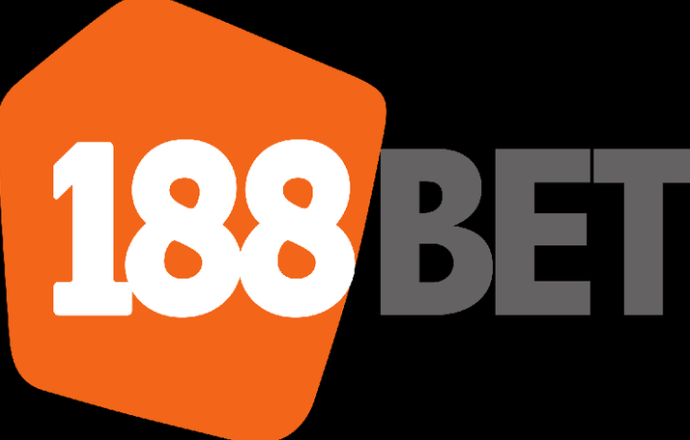The Social Dynamics of Online Canadian Poker Communities and Their Impact on the Game
As of 2022, online poker operates under the aegis of legality throughout Canada, with Ontario distinguishing itself as the only province to have localized regulation of this online activity. This regulation marks a pivotal shift in the Canadian online gambling arena, bringing under its purview six licensed online poker operators: 888poker, BetMGM, Partypoker, Bwin Poker, PokerStars, and GGPoker/WSOP.
Given its substantial population of 14.6 million, Ontario stands as the largest single regulated online poker jurisdiction in North America, eclipsing Pennsylvania’s 13 million. This regulatory backdrop is not merely an isolated legal phenomenon but sets the stage for an online poker industry with tangible socio-economic implications. Moreover, the Canadian market is an influential player on the global stage, with 70% of its populace participating in some forms of gambling annually, positioning online poker as a choice pastime among numerous alternatives.
With a projected reach of 20.38 million users by 2027, coupled with an expected annual revenue generation of $3.3 billion USD, the online gambling sector in Canada is set on a trajectory of substantial growth. This growth is emblematic of a broader global trend, wherein online poker is seeing a resurgence of interest and participation, an observation that holds particularly true in the context of the COVID-19 pandemic’s fallout, which saw a 33% increase in online poker revenue in 2020.
Demographic Insights and Behavioral Patterns
The demographic constitution and behavioral patterns of online poker players furnish vital insights into the social dynamics at play within these communities. Investigating these aspects reveals engagement, strategic interaction, and communal identification, underscoring the multifarious nature of online poker communities. For instance, the global distribution of online poker players skews predominantly male, with a 60% male to 40% female ratio. In Canada, this trend is paralleled with over 40% of online poker players aged between 18-25 years, revealing a youthful demographic engagement with the game.
This demographic distribution is indicative of broader social interactions and community formations that transcend mere gameplay. Online poker communities in Canada, by extension, become arenas for socialization, networking, and the sharing of strategies and experiences. Online Poker games in Canada, as a platform for both competition and camaraderie, invite a closer examination of how strategic knowledge is exchanged and how community norms evolve within these digital spaces.
Further illuminating the terrain are the patterns of player longevity and winning statistics. The median play duration for new online poker players stands at 2.5 months, reflecting the steep learning curve and competitive nature of the game. Despite the challenging environment, approximately 30% of players emerge as long-term winners, with around 10% accruing substantial winnings. This stratification within the player base accentuates the intricate balance between skill, strategy, and chance inherent in online poker, fostering a perpetually dynamic community environment where knowledge exchange and mentorship become pivotal.
Implications for the Future of Online Poker in Canada
The exploration of social dynamics online poker in Canada, communities offers profound implications for the future trajectory of this online activity. The legal and regulatory framework, demographic trends, and behavioral patterns collectively shape an ecosystem ripe for sustained growth and evolution. This growth trajectory is further buttressed by projections indicating that the online poker market is poised to reach $283.42 billion by 2032. Such forecasts not only underscore the financial viability of online poker but also highlight the ongoing expansion and maturation of its player communities.
As these communities continue to develop, so too will the strategies, technologies, and social norms that govern them. The exchange of strategic knowledge, the mentorship of newer players by more experienced ones, and the fostering of competitive yet supportive community environments will remain cornerstone elements of the online poker experience. Furthermore, the evolution of regulatory frameworks, especially in jurisdictions beyond Ontario, will play a vital role in shaping the accessibility and sustainability of online poker in Canada.







